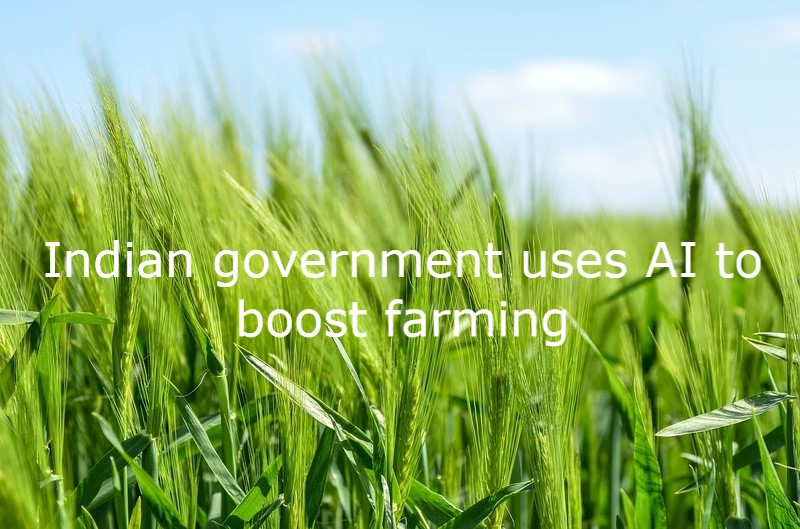
The Indian government recently piloted an AI-powered tool for crop cutting and yield estimation under the Prime Minister’s Crop Insurance Scheme (Pradhan Mantri Fasal Bima Yoajana).
The scheme aims to cut down the cost of farming while increasing productivity. It will also help farmers get better prices for their crops. This cutting-edge technology can be leveraged to provide information and advisory services to farmers, the government said.
The Minister of Agriculture and Farmers’ Welfare said that that AI can be used in multiple domains of agriculture such as weather, crop and price forecasting, and yield estimation. Furthermore, AI may reduce the cost of production through the precise application of agricultural inputs like fertilizers, chemicals, and irrigation.
Through the PMFBY, the government has launched several pilot studies for the optimisation of crop cutting experiments, in which AI was used for optimisation and yield estimation, the Minister said.
According to news reports, the scheme is a significant departure from age-old traditional farming practices in India that has resulted in low yields and dependency on unpredictable monsoon rains. This has kept Indian farming at subsistence level.
The inadequacy of monsoon rains in the country has resulted in crop failure and has led to an increase in farmer suicides. The government hopes that AI and related technology will change the farming industry. AI tools could help Indian farmers to choose the right crop and minimise risks.
Launched in 2016, the PMFBY provides comprehensive coverage to farmers in cases of crop failure. The scheme covers sowing, germination risks, loss of standing crop, post-harvest loss, localised calamities, and add-on coverage for the loss of crop because of attacks by wild animals. Several agencies were involved in these pilot projects by using AI for crop cutting estimation under the PMFBY scheme.
Over the last few years, the government implemented a series of schemes to introduce modern techniques in farming including the issue of soil health cards and assistance for the adoption of modern irrigation techniques.
In March, the government launched a pilot blockchain-based marketplace for coffee growers in the country. Essentially, it is an application that helps farmers connect to buyers directly, which will reduce their dependence on intermediaries.
An official press release said that the initiative will help integrate farmers with markets in a transparent manner and lead to the realisation of a fair price for the coffee producer. The technology will also reduce the number of layers between coffee growers and buyers.
Stakeholders, which include coffee farmers, traders, coffee curers, exporters, roasters, importers, and retailers will need to register on the platform to make trade transactions. A coffee farmer will have to store details such as the place where coffee is grown, details of the crop, elevation, certificates, and any other relevant information. Then a block is created for each of the lots the farmer sells on the blockchain. The credentials of the block are immutable.
All these initiatives are aimed at doubling the farmer’s income by 2022. And, according to a report, India’s farming sector will be one of the top three sectors that will drive the growth of the digital industry in the country.
The report said that benefits to Indian economy from digital trade has a potential to grow to over $500 billion by 2030 from present $35 billion and agriculture, financial services, and infrastructure will fuel the growth.
















